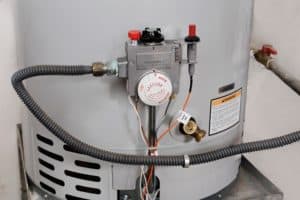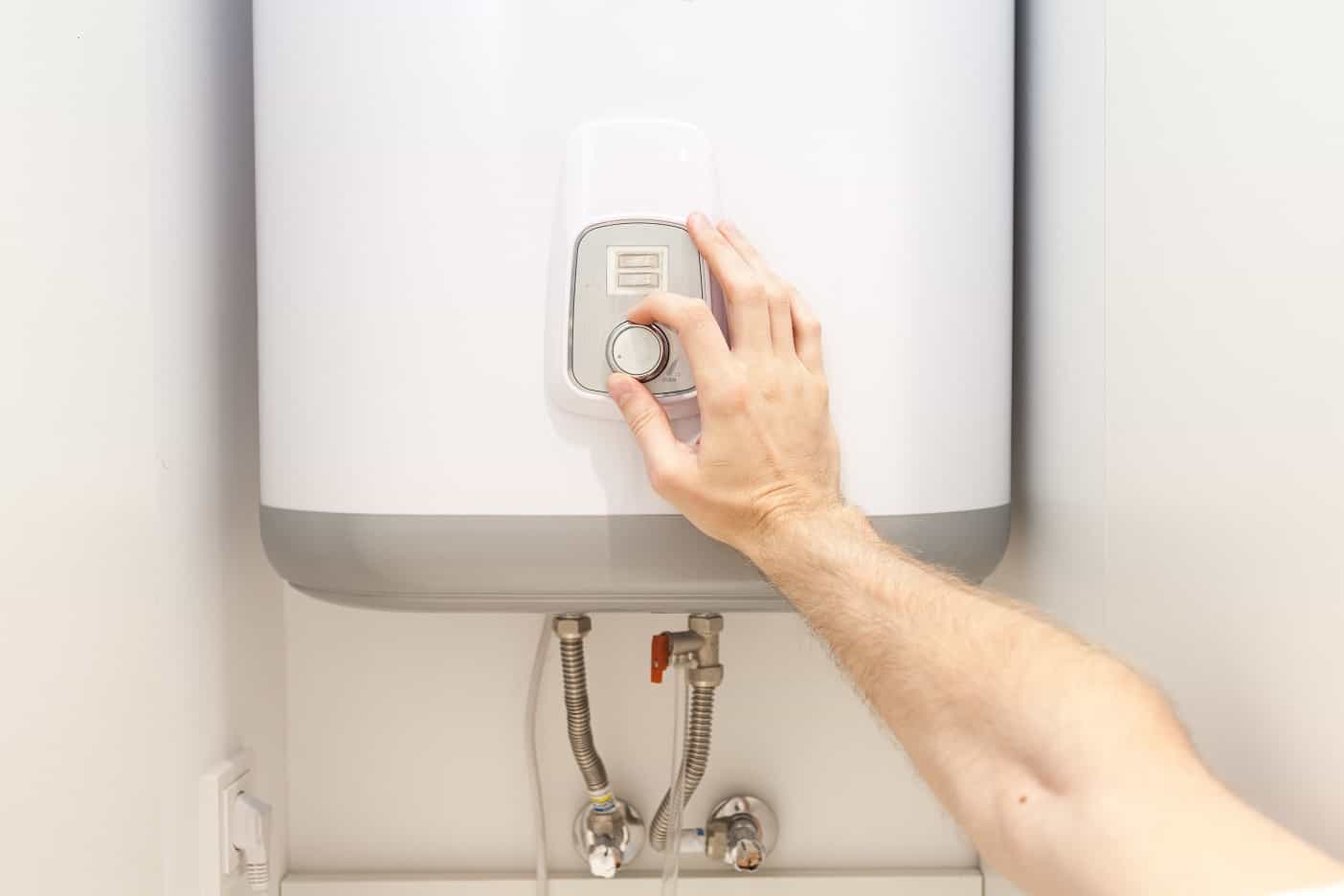Hot water plays an essential role within your household, be it for washing, cooking, or showering. Most of the time, you forget to check the system as long as your taps have hot water. Others only check what could be wrong when the water isn’t hot enough for use.
If you experience unusual changes in the water temperature more often, you can do a simple check and call for professional assistance if you find significant damage. For instance, if you have hot water leaking in your kitchen, keep steady, then start looking for where the leak is coming from. Once you determine the right spot, call your local plumber for advice on what to do next.
Like all other systems in your home, know that the hot water system should also undergo routine maintenance to ensure it serves you for a longer time. Here are some maintenance tips to prolong your hot water system’s life span:

- Flush The Water Heater Regularly
It’s advisable to drain the water heater once or twice a year to maintain its efficiency. Flushing the water heater lets you clean its inner part and remove any sediment build-up. Although the sediments may not damage the water heater immediately, they can reduce its efficiency. These will also corrode the tank’s inside and strain the heating system if left longer.
There are two ways to perform the water heater flush process. In the first process, you can open the outlet water faucet and drain the water from the heating tank. Let the water drain until you get cold water flowing through the spout. Once you get the cold water, turn off the power supply and the inlet faucet. When the heating tank is empty, you can gently clean the inside while following the manufacturer’s instructions.
The other way is to turn off the power supply and the water inlet faucet first. Then, open the outlet faucet to drain water from the heating tank. You can then leave the tank for a few minutes until it cools off before cleaning the inside. The flushing process you use can mainly depend on your water heater model. Therefore, it’s critical to consult your model’s manual to know which one to use. Once you clean and rinse it off, you can turn on the water and wait until the tank is full before turning on the power supply.
- Always Check The Pressure Relief Valve
Every water heater has a temperature-pressure-release valve on the side or top of the water heating tank. This valve is a safety mechanism that helps prevent pressure build-up inside the tank. Otherwise, the tank would explode if the pressure got too high.
To check if the valve is working correctly, turn off the water and power supply. After that, place a bucket under the discharge pipe, lift off the valve and let it go. If the water comes out and stops when you let go of the valve, it’s working correctly. However, if water keeps flowing, you need to have it replaced.
- Lower The Temperature Level
Sometimes, the original temperature setting of your water heater can be too high. Such temperature can strain the hot water system and accelerate wear and tear. Additionally, hot water can cause scalding and increase your power utility costs.
The location and operation of a water heater’s thermostat can vary from one model to another. Hence, consult your user’s manual and set the dials to the correct levels. In cases where you need to be away from home for extended periods, you can select the lowest level or turn the power off completely.
- Check The Anode Rod
As a rule, check and change your water heater’s anode rod once it hits five years. The rod attracts corrosive minerals in water and thus helps prevent corrosion in the heating tank. The tank is exposed to these minerals if the rod gets worn out.
- Insulate The Tank And Pipes
Insulating your hot water system prevents heat from escaping. Aside from reducing your energy costs, it helps relieve the strain on the water heater; thus, it can last longer. While insulating, take note of the dials and operating handles and ensure they are sticking out for ease of operation. Insulating your hot water pipes also helps trap the heat and protect them from bursting during winter due to the outside cold temperature.
- Get Your System Inspected By An Expert
Even though you can inspect most hot water system parts, it pays to get a professional inspection annually. This helps identify any irregularities in your hot water system, thus allowing you to make any necessary repairs and prevent further damage.
Conclusion
You can’t ignore the importance of hot water in your home. Therefore, it’s essential to ensure an efficient hot water system for your family’s peace of mind. The tips presented here can help you get an uninterrupted hot water supply with a working system that lasts longer.

